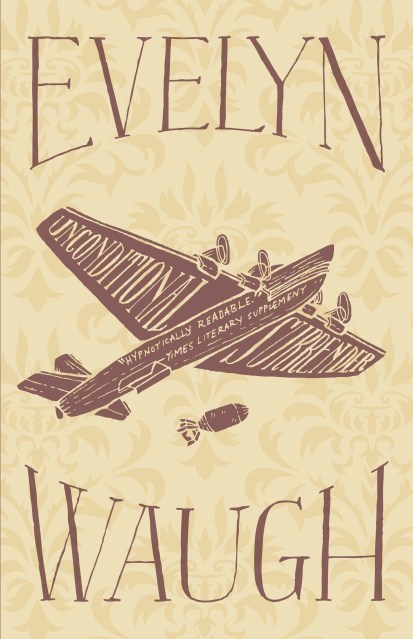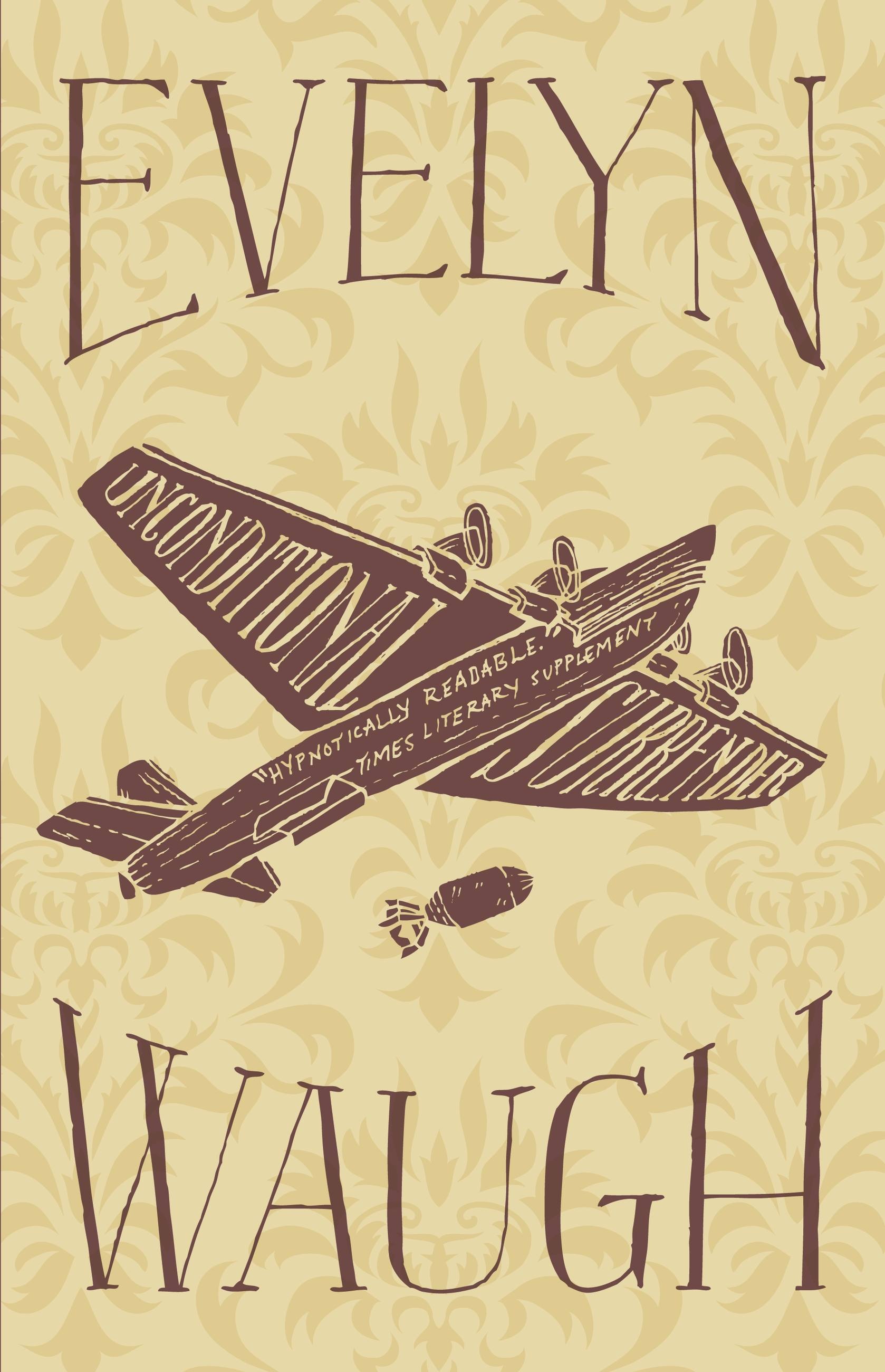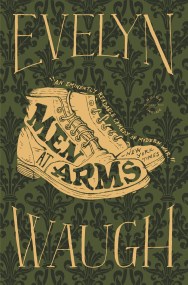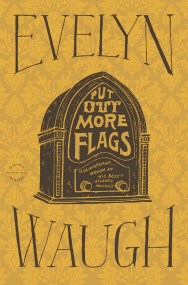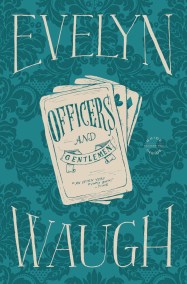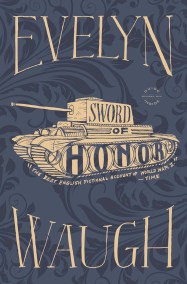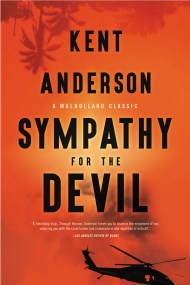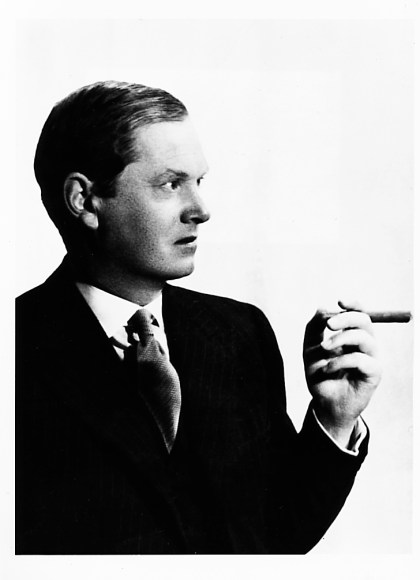By clicking “Accept,” you agree to the use of cookies and similar technologies on your device as set forth in our Cookie Policy and our Privacy Policy. Please note that certain cookies are essential for this website to function properly and do not require user consent to be deployed.
Unconditional Surrender
Contributors
By Evelyn Waugh
Formats and Prices
- On Sale
- Dec 11, 2012
- Page Count
- 320 pages
- Publisher
- Little, Brown and Company
- ISBN-13
- 9780316216722
Price
$29.99Format
Format:
- Hardcover $29.99
- Audiobook Download (Unabridged)
- Trade Paperback $21.99 $28.99 CAD
This item is a preorder. Your payment method will be charged immediately, and the product is expected to ship on or around December 11, 2012. This date is subject to change due to shipping delays beyond our control.
Buy from Other Retailers:
By 1941, after serving in North Africa and Crete, Guy Crouchback has lost his Halberdier idealism. A desk job in London gives him the chance of reconciliation with his former wife. Then, in Yugoslavia, as a liaison officer with the partisans, Crouch becomes finally and fully aware of the futility of a war he once saw in terms of honor.
Unconditional Surrender is the third novel in Waugh’s brilliant Sword of Honor trilogy recording the tumultuous wartime adventures of Guy Crouchback (“the finest work of fiction in English to emerge from World War II”-Atlantic Monthly), which also comprises Men at Arms and Officers and Gentlemen.
Unconditional Surrender is the third novel in Waugh’s brilliant Sword of Honor trilogy recording the tumultuous wartime adventures of Guy Crouchback (“the finest work of fiction in English to emerge from World War II”-Atlantic Monthly), which also comprises Men at Arms and Officers and Gentlemen.
Genre:
-
"The quality of the writing is, throughout, superb, and confirms my belief that Mr. Waugh is the best living writer of English prose."Bernard Bergonzi, Guardian
-
"What Parade's End, Ford Madox Ford's great work, was to World War I, Evelyn Waugh's 'Sword of Honour' trilogy is to World War II."Herbert A. Kenny, Boston Globe
-
"The wit endures; at full strength, wit is rage made bearable, and useful....Waugh's military trilogy has much to recommend it."Gore Vidal, New York Times Book Review
-
"The importance of Unconditional Surrender lies not so much in itself (beautifully organized and written and hypnotically readable as it is) as in its contribution to the pattern of the trilogy....The complete work now clearly emerges as Mr. Waugh's main achievement to date, and the one piece of English fiction about the 1939-45 War which is certain to survive."Times Literary Supplement
Newsletter Signup
By clicking ‘Sign Up,’ I acknowledge that I have read and agree to Hachette Book Group’s Privacy Policy and Terms of Use
